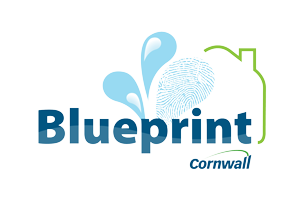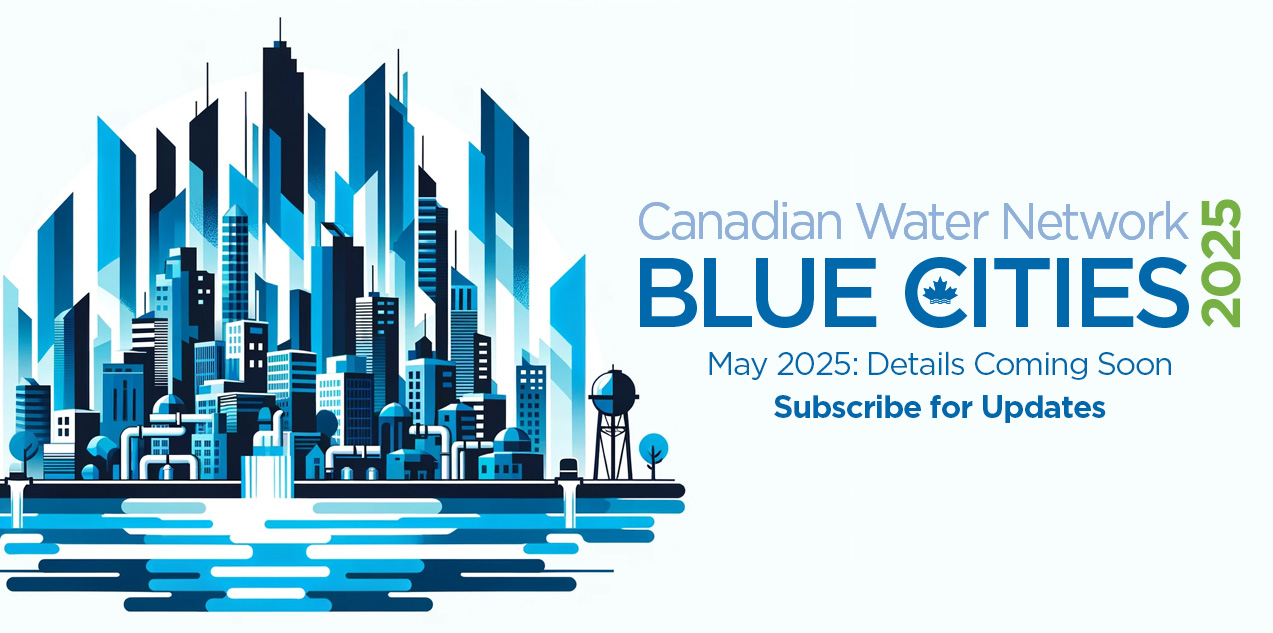After a three-year hiatus, Blue Cities is returning to Toronto!
Blue Cities is a focal point for dialogue and collaboration among decision makers. This year’s conference program has a dual focus on municipal water management and public health protection.
Who should attend?
- Senior leaders from municipalities and utilities
- Epidemiologists, medical officers of health, public health practitioners
- Decision-makers from government and government agencies
- Leaders of Indigenous organizations
- Academics and topic experts
- NGO and watershed directors
- Knowledge and technology providers
- Industry product and service leaders
5 compelling reasons to attend
- Collaborate across sectors to keep communities healthy and safe.
- Enhance water service delivery and city planning to meet urban growth projections, build climate resiliency, and promote equity and affordability.
- Deliberate on the promise and complexity of environmental surveillance as a tool in public health protection.
- Advance urban reconciliation through relationship-building and engagement among water utilities, public health services and Indigenous peoples.
- Learn about sectoral trends, share promising practices and foster inter-jurisdictional collaboration.
Day 1 – October 24
- Plenary 1 — National dialogue: Servicing the demand for dense urban growth
- Plenary 2 — National dialogue: The future of wastewater-based surveillance in Canada
- 1A — Innovations in risk management
- 1B — Servicing cities sustainably through cross-sector collaboration
- 1C — Workshop: Integrating wastewater-based surveillance into public health systems
- 2A — Sharing risks and benefits: Moving forward with One Water
- 2B — Workshop: Building a roadmap to net-zero wastewater
- 2C — The value and ethics of targeted wastewater surveillance
Day 2 – October 25
- Optional pre-breakfast workshop: Asset-based climate adaptation planning
- 3A — Framework for measuring climate resilience: forging the links between infrastructure and insurance premiums
- 3B — Water equity: Opportunities and solutions
- 3C — Water utility and public health decision-making in the face of natural disasters
- 4A — Weaving grey, green and blue infrastructure to build resilience
- 4B — Facilitated discussion: Engaging Indigenous perspectives in urban water servicing
- 4C — How can advances in environmental water monitoring support public health decision-making?

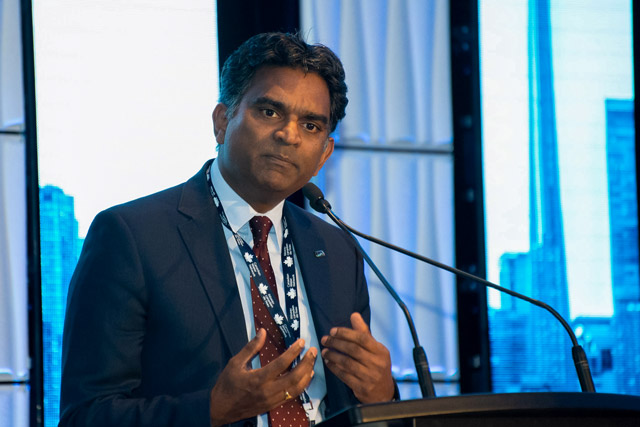
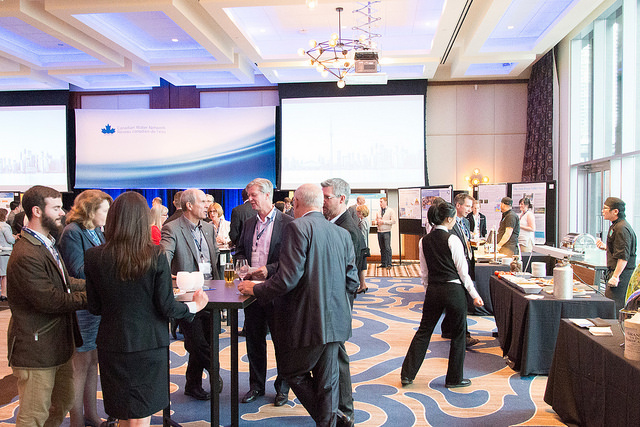
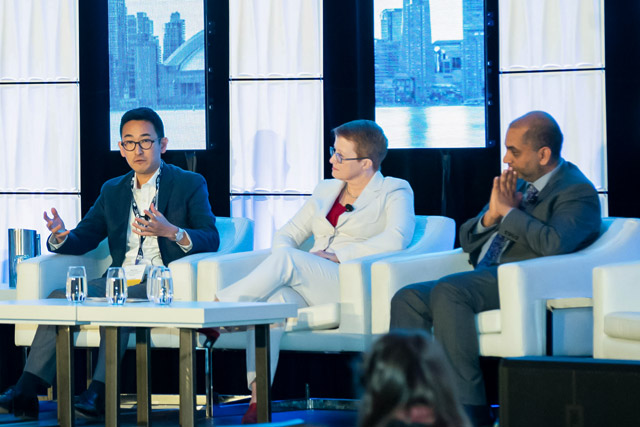
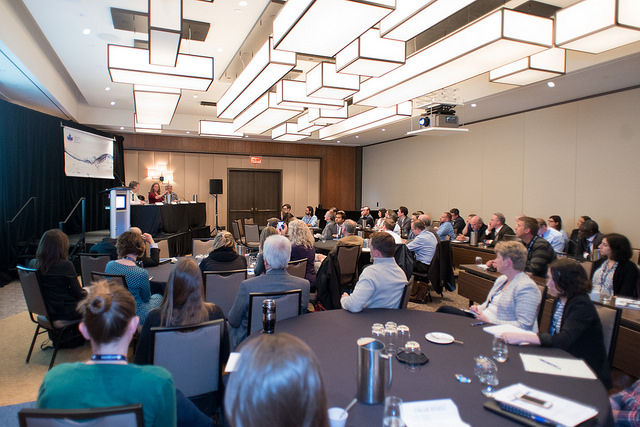
Sponsored in part by the Canadian Municipal Water Consortium
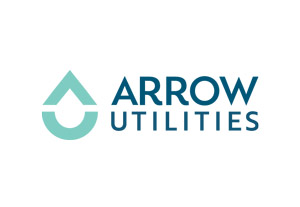
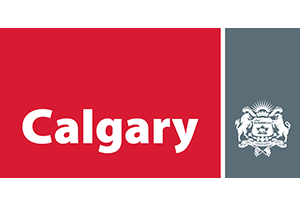
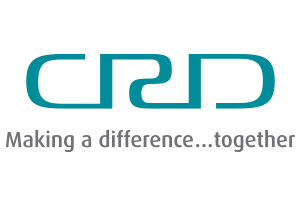
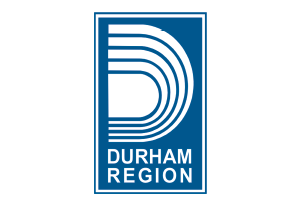
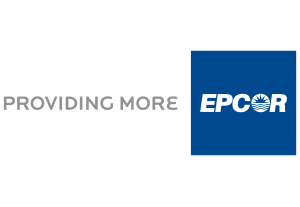

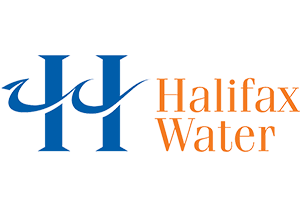
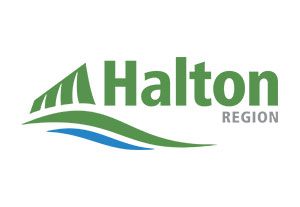


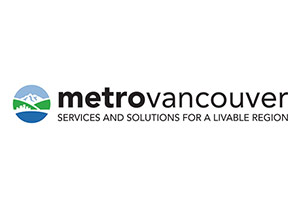
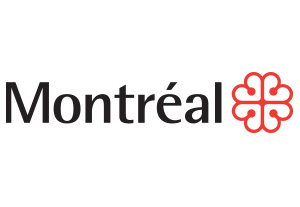
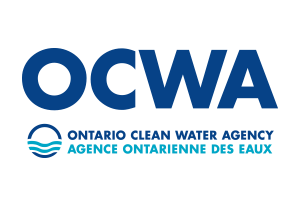
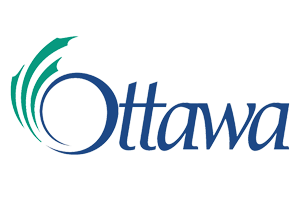

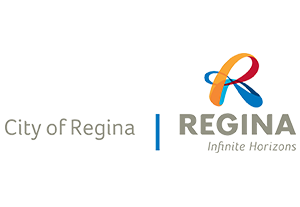

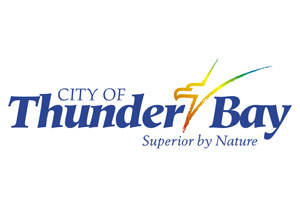
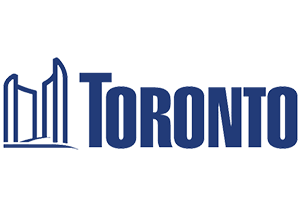
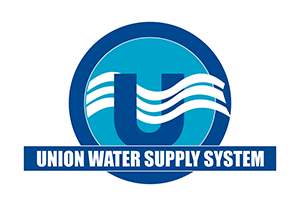
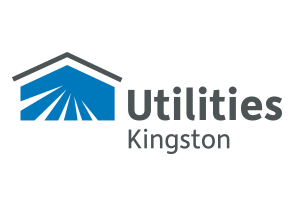

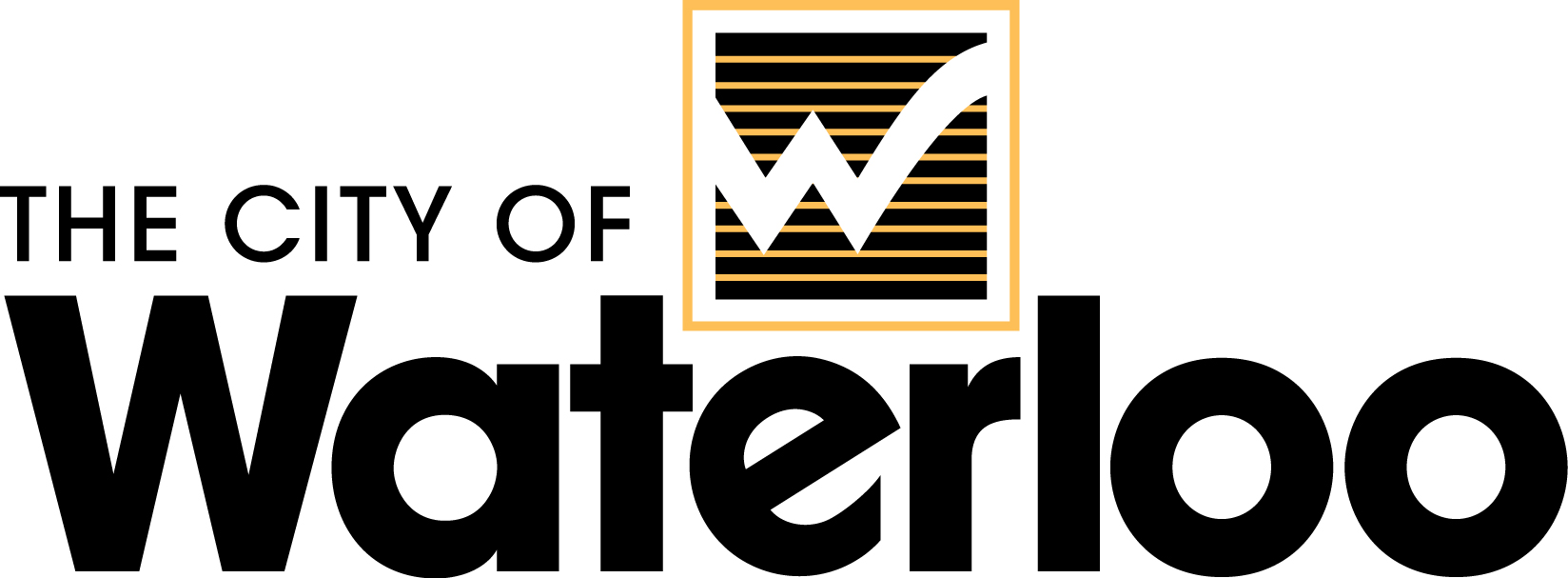
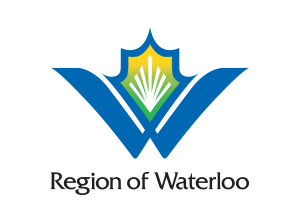
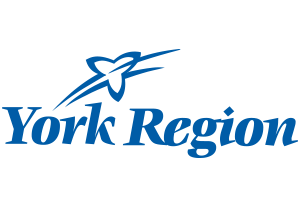
For information about becoming a member of the Canadian Municipal Water Consortium, contact Sandra Cooke at Canadian Water Network.
Land Acknowledgement
Canadian Water Network (CWN) respectfully recognizes and acknowledges the deep connection that First Nations, Inuit and Métis peoples across Canada have with the land that all Canadians call home. We also honour and recognize the significance of the treaties that establish the relationship between Indigenous peoples and settlers on this land.
Our office is located in Waterloo, Ontario, on the traditional territory of the Neutral, Anishinaabeg and Haudenosaunee peoples. More specifically, our office is situated on the Haldimand Tract, the land granted to the Six Nations that extends six miles on each side of the Grand River.
We are grateful for the privilege to work and live on this land.
Furthermore, for the Blue Cities Conference, taking place in Toronto, we acknowledge that it is situated on the traditional territory of multiple nations, including the Mississaugas of the Credit, the Anishnabeg, the Chippewa, the Haudenosaunee, and the Wendat peoples. Today, Toronto is home to a diverse community of First Nations, Inuit and Métis peoples.

